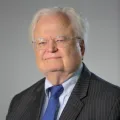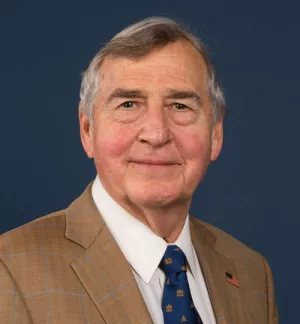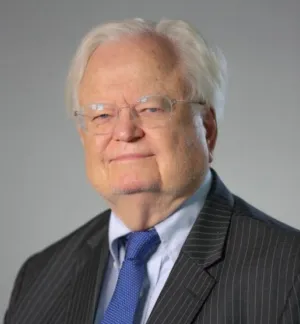Two decades after the collapse of the Soviet Union and Russia’s emergence as an independent state, Moscow is no longer America’s strategic rival. Yet, while Russia is not our enemy, neither has it become a friend. Washington and Moscow have succeeded in overcoming Cold War confrontation, but have not developed sustainable cooperative relations. A better-managed bilateral relationship is critical for the advancement of America’s vital national interests.
Prime Minister Vladimir Putin’s decision to return to the Kremlin as Russia’s President next year does not change U.S. national interests with respect to Russia or, for that matter, Russia’s national interests with respect to the United States. Still, at a minimum, Russia’s rhetoric vis-à-vis America and the West may become tougher under Putin. Under the circumstances, maintaining the proper focus in U.S.-Russian relations will likely require particular care and determination from U.S. policymakers.
This report, the result of deliberations by a distinguished working group of former senior officials and military officers, business leaders, and top experts, analyzes the U.S.-Russia relationship through the lens of American national interests; argues that Russia is a pivotal country in promoting these U.S. national interests; and offers prescriptions for U.S. policy toward Russia in the period ahead. ...
Please see the attached PDF for the full report.
More information on the report can be found here.
Allison, Graham, Robert D. Blackwill, Dimitri K. Simes and Paul J. Saunders. “Russia and U.S. National Interests: Why Should Americans Care?.” Belfer Center for Science and International Affairs and Center for the National Interest, October 2011




